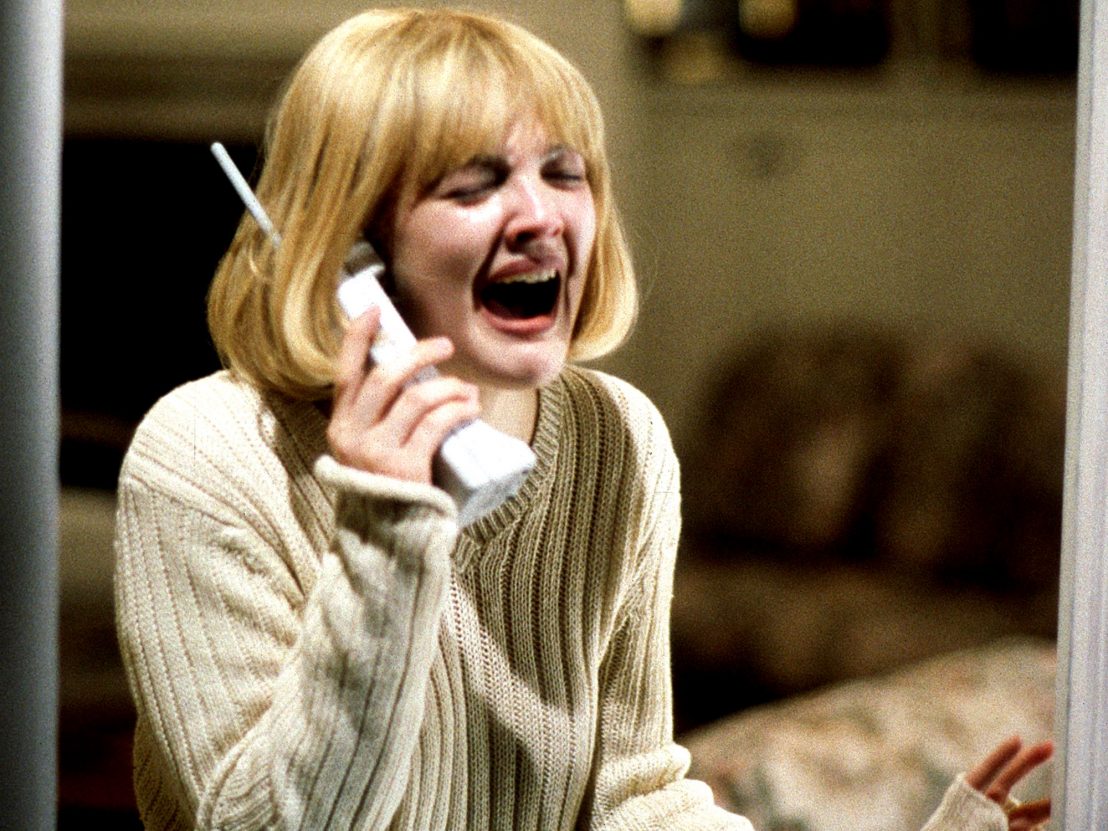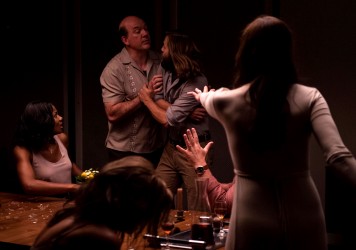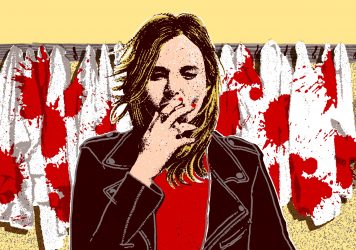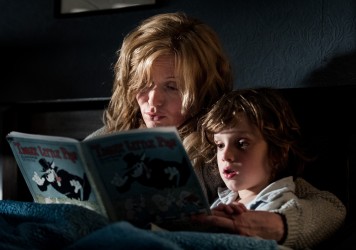
In case you haven’t noticed, women love horror. More specifically, young women love horror. Some say it allows them to escape from the real threat of violence they face. Others theorise that the appeal lies in the subject matter. As film professor Shelley Stamp notes, “Horror, more than any other film genre, deals openly with questions of gender, sexuality and the body.” Whatever the reason, it remains a fact that women have long made up a significant portion of the audience for horror movies.
Despite this, women are scarcely found on the other side of the screen. Traditionally female directors and writers have been underrepresented in horror even more than other genres. In recent years, however, film producers and TV networks finally seem to have caught on that something needs to change in order to satisfy their audience. Today female directors are increasingly taking control of the narratives that historically have been imposed on them.
The Black Rose Anthology is one such project. The horror series is a coproduction between Drew Barrymore and Nancy Juvonen’s production company, Flower Films, Scream co-showrunner Jill Blotevogel and CBS Television Studios, and has been picked up by The CW. Having produced female-led narratives in the past (How to be Single, Whip It) Barrymore and Juvonen want to go even further with The Black Rose Anthology: it will be exclusively written and directed by women.
Each hour-long episode will explore basic human fears from a female point-of-view: guilt, jealousy, repression, paranoia, insanity, sexual obsession and survival. The project bears some resemblance to the all-female anthology horror film XX, which premiered at the 2017 Sundance Film Festival and included chapters by Karyn Kusama and Annie Clark aka St Vincent.
The CW’s primary objective is to attract a female audience to the network. “When I got here, we were 70 per cent female to 30 per cent male,” network president Mark Pedowitz has said. “We’re now 50-50… I think the better mix is 55-45, female to male. So we’re trying to bring more women back to us.”
From Jennifer Kent’s The Babadook, to Ana Lily Amirpour’s A Girl Walks Home Alone at Night, to Julia Ducournau’s Raw, to Alice Lowe’s Prevenge, female directors have been shaking things up in the horror genre of late. Rolling Stone has dubbed this revolution “the rise of the modern female horror filmmaker”. In this regard, all-female films and television series are a necessary catalyst for equal opportunities for women both in and beyond the horror genre.
Published 18 Sep 2017

By Katy Vans
Karyn Kusama and St Vincent’s Annie Clark are among those contributing to an all-female anthology film.

The director of Raw discusses why her film is a bold expression of female sexuality.

By Chris Blohm
’Tis the season for great horror movies, so don’t miss this creepy corker from Australian director Jennifer Kent.